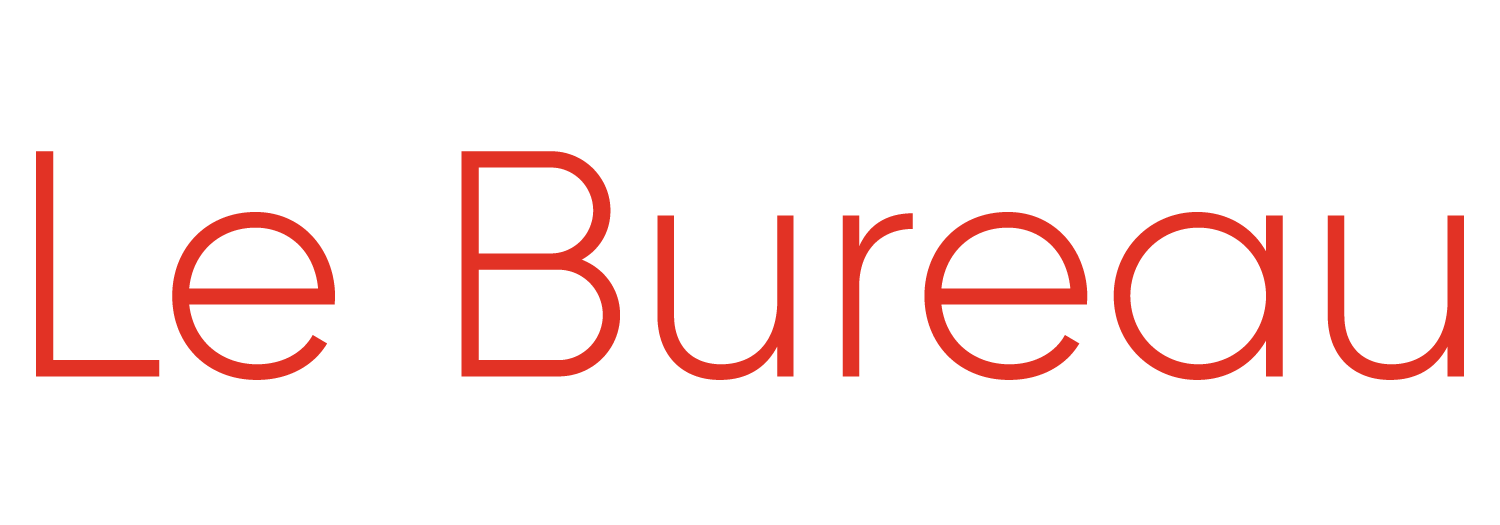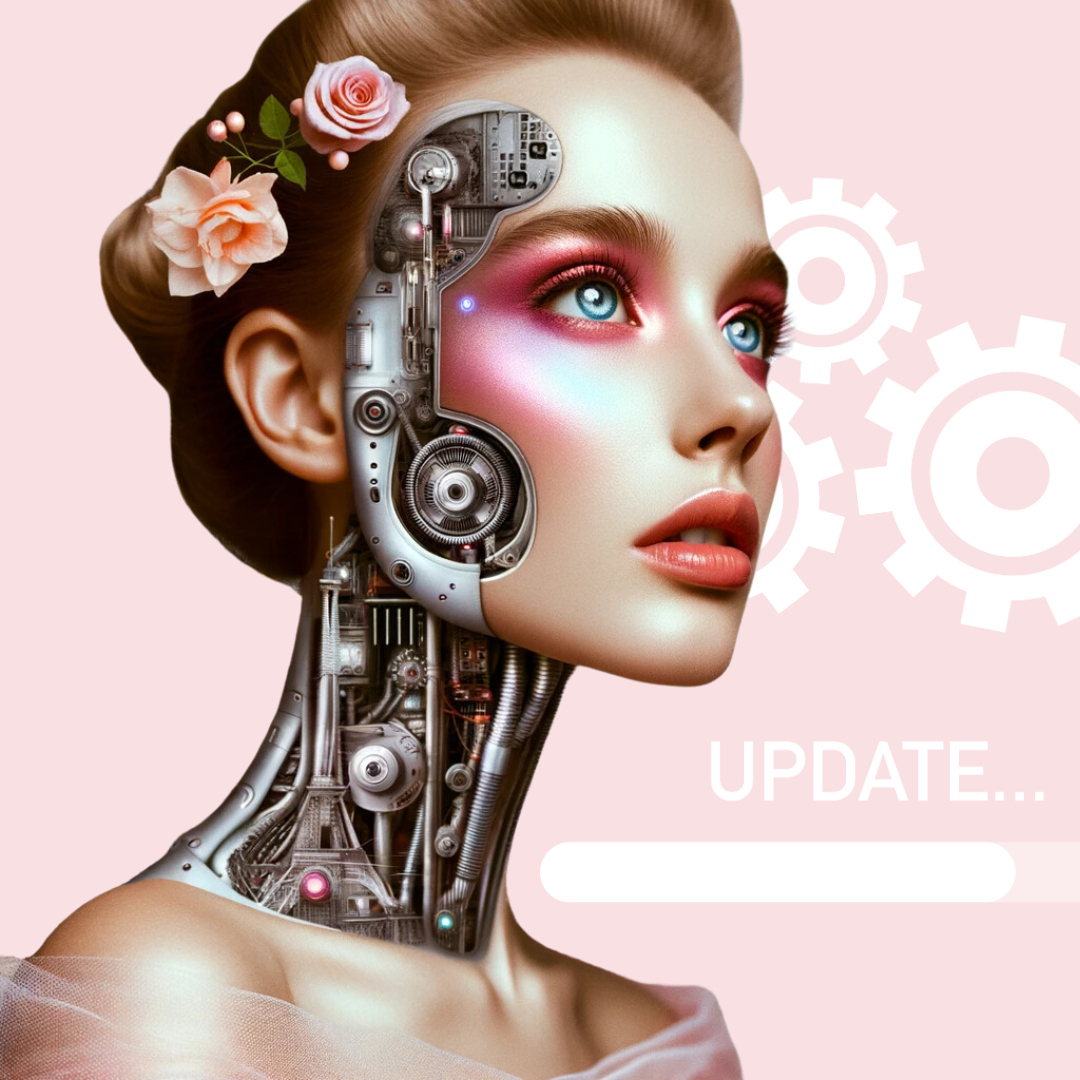The Top Business Trends Everyone’s Pretending to Understand (But You Should Actually Know About)
Ah, business trends. They show up every year like clockwork, and suddenly everyone’s talking about them as if they’ve been experts all along. AI this, Web3 that, and sustainability sprinkled on top, it’s a lot.
Most of us are just trying to keep up without Googling things mid-conversation. But some of these trends are actually worth paying attention to, while others are just noise.
Here’s a 2025 cheat sheet, no jargon, just the bits you’ll actually care about:
AI: The New Business MVP
Artificial intelligence (AI) has officially moved from “futuristic tech” to “everyday tool.” It’s running emails, predicting customer behaviour, and even writing Instagram captions. By the end of 2025, 70% of businesses are expected to be using AI in some way whether that’s tools like ChatGPT or more complex systems to streamline operations.
AI isn’t a magic wand that fixes everything, though. It’s only as smart as the person using it, so it’s not about replacing humans (yet). It’s about automating the boring stuff, improving decision-making, and giving you time to focus on things that actually matter. If you’re still manually handling repetitive tasks or spending hours on things like scheduling posts, you’re already behind. The businesses that thrive in 2025 will be the ones that figure out how to balance the efficiency of AI with the creativity and decision-making that only humans can offer.
Sustainability: Non-Negotiable
Sustainability isn’t just a buzzword anymore; it’s a baseline expectation. Customers want to know where their products come from, how they’re made, and what businesses are doing to reduce waste. It’s not just about looking good; it’s about staying relevant.
That doesn’t mean you need to overhaul everything tomorrow, but even small steps can make a difference. Reducing packaging waste, cutting energy use, or supporting local suppliers shows people that you’re making an effort, and that matters. Perfect isn’t the goal—progress is. Customers aren’t looking for perfection; they’re looking for businesses that genuinely care and are willing to improve.
Web3: The Buzzword Everyone’s Confused About
Blockchain, NFTs, decentralisation, Web3 is the hot topic no one can fully explain. In theory, it’s about giving users more control in a decentralised online world. In practice, it’s still a mess of speculation, jargon, and “opportunities” that sometimes feel more like a gamble.
For most businesses, Web3 isn’t urgent. Unless you’re in tech, finance, or feeling particularly adventurous, you can probably wait this one out. That said, it’s worth keeping an ear to the ground. Web3 might not be mainstream yet, but it’s not going away anytime soon.
Hybrid Everything
Workplaces, events, shopping…hybrid is the new normal. People want options: work from home or head to the office, shop online or go in-store, attend events virtually or show up in person. Businesses that don’t adapt to this new standard are going to feel outdated fast.
The beauty of hybrid isn’t just in its flexibility for customers; it’s in how it makes businesses more resilient. Offering choices doesn’t mean reinventing the wheel, it’s about meeting your audience where they are.
Personal Branding: Louder Than Ever
It’s not just businesses that need branding anymore, it’s you. Customers want to connect with real people, not faceless companies, and personal branding is one of the easiest ways to build trust.
You don’t need to be an influencer to make this work. Share your story: why you started, your wins, and even your fails. People connect with authenticity, not perfection. Whether it’s a behind-the-scenes Instagram post or a quick LinkedIn update, showing the human side of your business can go a long way.
Trends can feel overwhelming, but you don’t need to embrace all of them. Pick the ones that align with your goals, ignore the rest, and focus on what actually works for your business. AI might streamline your operations, sustainability could help you win over customers, and hybrid options might make you more adaptable.
And Web3? It can wait.

